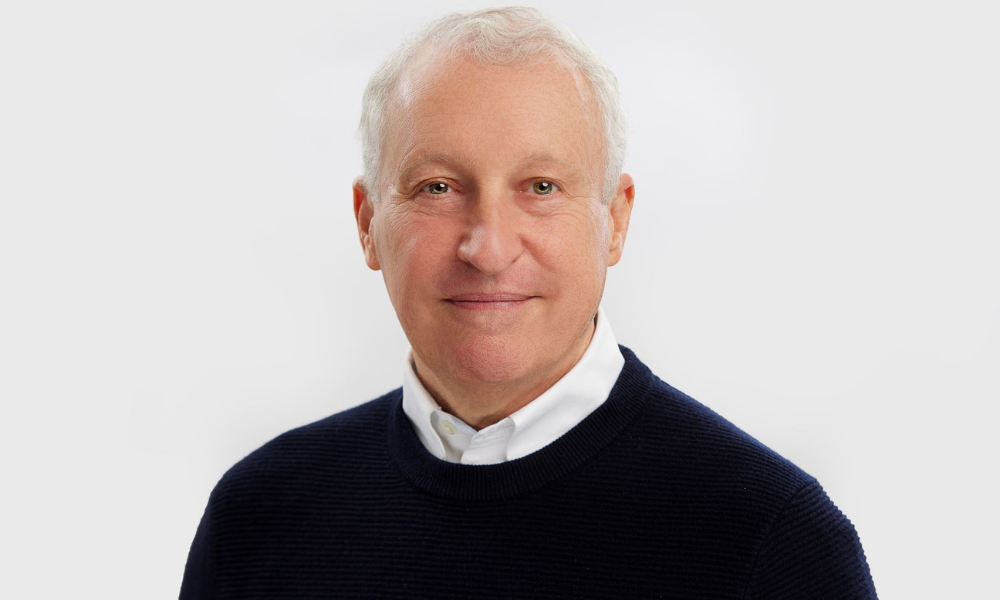Casey noted that many people are redeploying their skills in new ways. One doctor he knows is becoming a health coach. More are consulting or shifting to part-time work. Another client has returned to art school. People are going to cooking school to learn to make different meals for their family and friends because, he said, ‘they’re finding that, when they retire, they feel like the dog who caught the car. What are they going to do with it now? How are they going to use their freedom?”
“Advisors can start to raise awareness by saying, ‘let’s start talking how about you are going to invest your time’ and suggest they talk to people who are retired who can be positive role models. Advisors can help clients explore ideas, but also make them aware of cautionary tales about things they want to avoid.”
Casey noted that people can plan to fill some of the needs that work addressed by finding structure for their days and new groups for social connectivity. But, they may also feel a loss of status that is harder to fill, though they could join activities where they can contribute, such as coaching a team.
On the other hand, he said, “we read so many surveys that talk about the high percentage of people who want to work longer and later, but there’s an equally jarring stat that a very low percentage actually do.” He noted that health can impact that, but so can whether your clients have maintained, and updated, the skills they need to be hired or even have the networks to find the jobs.
“Advisors can make a big difference by helping people plan for how they’re going to invest the rest of their life as well,” said Casey. “Just getting them thinking about both sides of their retirement can be really helpful, especially getting them to think about the things that might surprise them.”


